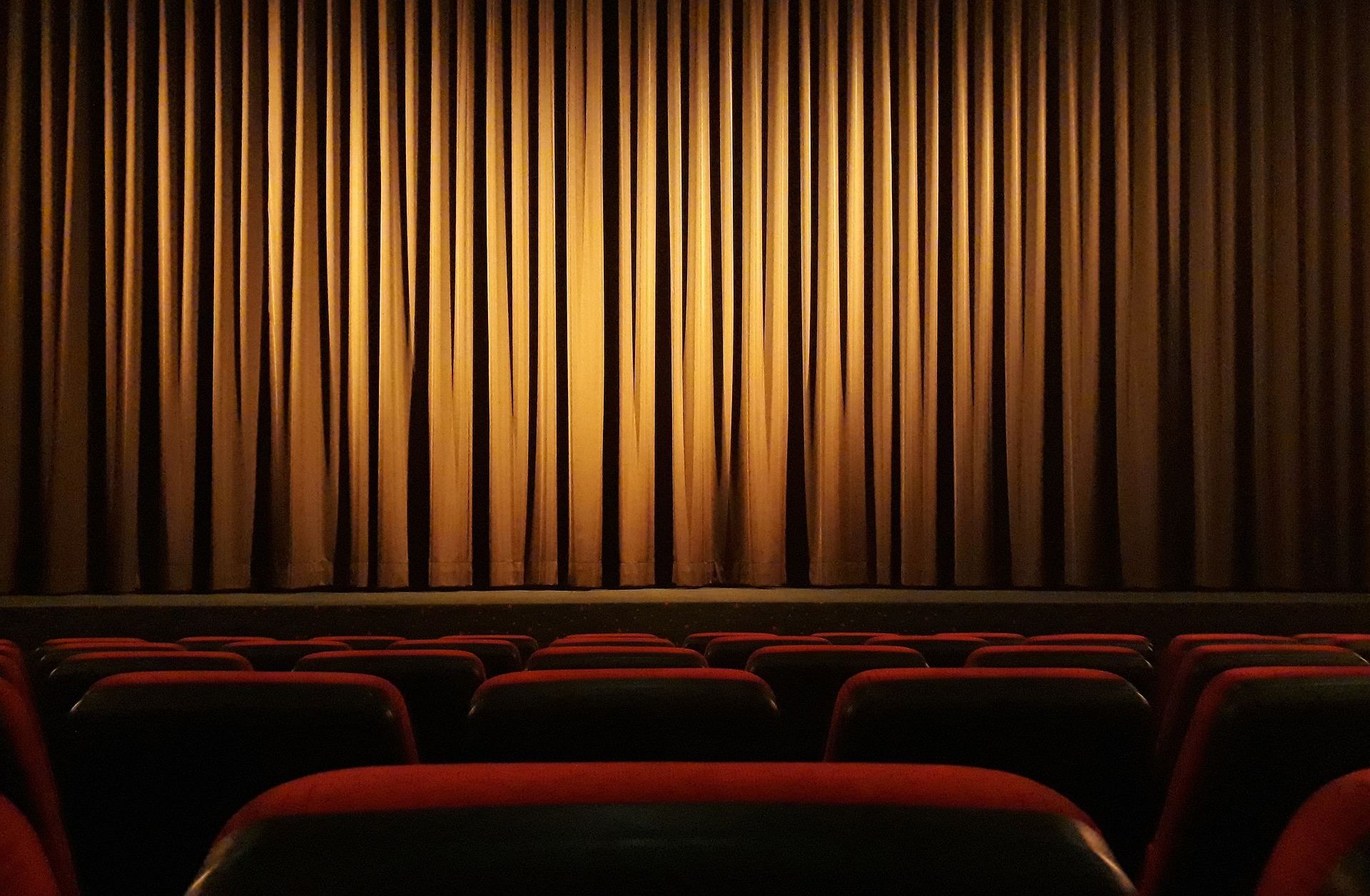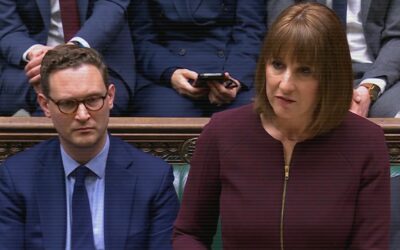- £2.2bn of tax relief paid to creative industry firms, half claimed by High End television productions in 2022-23. Claims up from £1.9bn the year before.
- Huge growth in High End television claim amounts, which have more than doubled in 3 years.
- Claims exceeding £2m per production make up an astounding 75% of total relief claimed.
- Half of total film relief claimed went to just 15 companies making the largest claims (£10m or more).
- Changes to the regime mean that the replacement Audio Visual Expenditure Credits are yet more generous per production.
Latest statistics released by HMRC reveal the record amount of tax relief granted to the creative industry sector for films, television and other cultural output during 2022-23. Taken together the corporation tax subsidies for television, film, video games, theatres, orchestras and animation studios totalled £2.2 billion in the most recent year’s data, 15% higher than the prior year, which itself has been revised upwards compared to the first estimates. The value of theatre, orchestra and museum reliefs remain much smaller than the other categories, but there has been a large proportionate increases in the number of productions and the value of tax relief claimed from lower bases. The number of theatre productions is up by 66% year-on-year, and the value of theatre claims has more than doubled in that time.
Overall, growth has been driven mainly by High-End television (HETV) claims which have grown at a phenomenal rate, attributed to more content being made for direct streaming and a decline in traditional cinematic output. Given the tax relief is a function of how much (qualifying) spend is incurred, cost inflation is pushing up the average claim overall, and also meaning there are now more productions in the largest claim categories. Large claims account for over half of the value paid out for film tax relief (claims over £10,000,000) and three quarters of the total of HETV relief (claims over £2,000,000).
However, rising claims for film and HETV reliefs are set against what appears to be a decline in the amounts being invested in film and television production in the UK. According to statistics published by the British Film Institute (BFI), investment in both film and television production fell in the 2023 calendar year, with a total UK spend of £4.23 billion, compared to £7.06 billion in 2022. If this trend continues it will further call into question why the tax subsidy is costing the public purse ever larger amounts, for declining investment and output.
If the regime has any justification left, policymakers should be alarmed by the fact that the bulk of the benefits are funneled into a handful of mega-productions—especially with the looming ‘painful’ Autumn Budget on 30 October. Most of the support is now concentrated on the largest, already massively profitable projects, like the £1.1bn-grossing ‘Barbie,’ last year’s top box office hit[1].
[1] Barbie overtakes Super Mario Bros to be 2023’s biggest box office hit – BBC News



